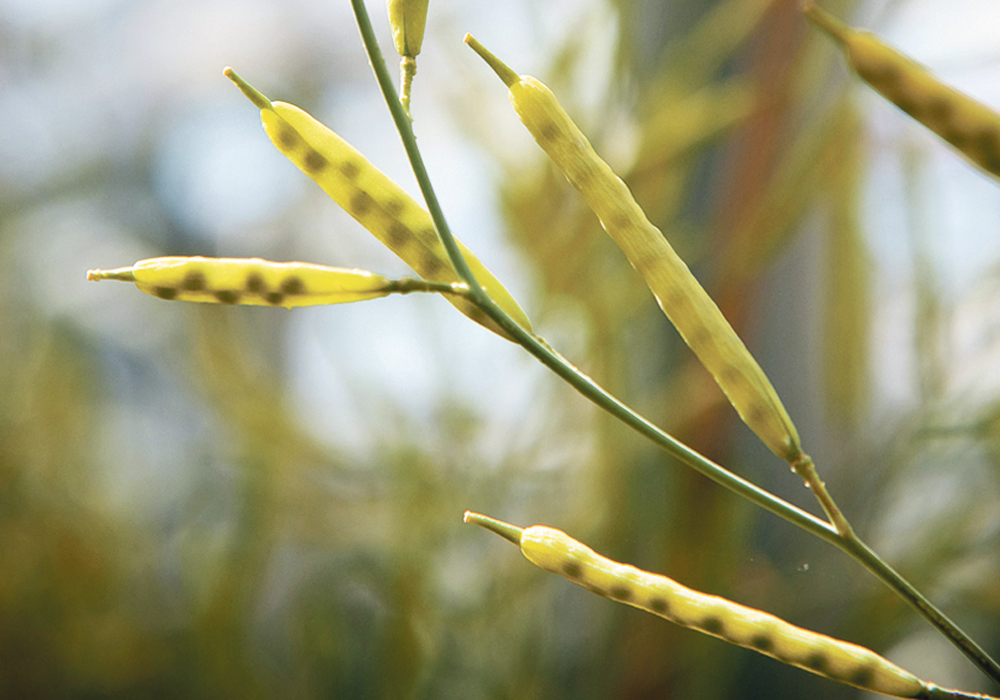Nuseed buys germplasm, patents and regulatory data from a Canadian firm and plans to significantly increase production around the world
An Australian firm has purchased some of the carinata assets of the Canadian company that has been promoting the crop for years.
Nuseed acquired proprietary germplasm, patents and regulatory data from Agrisoma for an undisclosed amount. Five of Agrisoma’s carinata/biofuel experts have also joined Nuseed.
Nuseed’s carinata breeding team will be based out of Saskatoon, working alongside its North American canola breeding team.
Carinata is the fourth crop in the company’s global portfolio, which also includes canola, sunflower and sorghum.
Read Also

Farming Smarter receives financial boost from Alberta government for potato research
Farming Smarter near Lethbridge got a boost to its research equipment, thanks to the Alberta government’s increase in funding for research associations.
The main end-use market for carinata oil is biofuel. The crop has also been converted into bio-jet fuel, which has been used by a number of companies including Qantas and United Airlines.
The feedstock meets the requirements under both the European Renewable Energy Directive and the Roundtable on Sustainable Biomaterials.
The byproduct is a non-genetically modified meal that can be sold as livestock feed in markets such as Europe.
The company has ambitious plans for the biofuel feedstock. It hopes to ramp up carinata oil production to 200,000 tonnes over the next few years.
The global biofuel sector uses an estimated 28 million tonnes of feedstock oil annually.
Nuseed would require 617,500 acres of carinata production to meet its oil production goal. Agrisoma had been working with hundreds of farmers on about 50,000 acres.
“The potential of carinata to be grown in Australia, Europe and North and South America was part of our interest in acquiring the technology,” Nuseed spokesperson Colleen Shaw said in an email.
Agrisoma was contacted for this story but did not respond in time to meet The Western Producer’s deadlines.
Shaw said Nuseed’s global scope with respect to research and development, regulatory expertise, seed sales and distribution and supply chain capabilities will help it rapidly expand acres of the crop.
“We are very focused on using our global capabilities to enable the immediate growth of our commercial carinata program,” she said.
“Carinata as a global crop has great potential.”
Nuseed’s initial target production region will be Argentina, where Agrisoma recently ran an 18-month pilot project.
Agrisoma had initially targeted the Canadian Prairies, contracting 6,600 acres of production in Saskatchewan and Alberta in 2012.
However, the crop didn’t take off in Western Canada because of delays in getting regulatory approval for the meal.
Nuseed has no intention of building a crush plant to process the crop.
“Our business approach is collaborative; we will not be building processing infrastructure,” she said.
“Specific Nuseed value chain partners and their crush facility locations will be made public at a later date.”


















